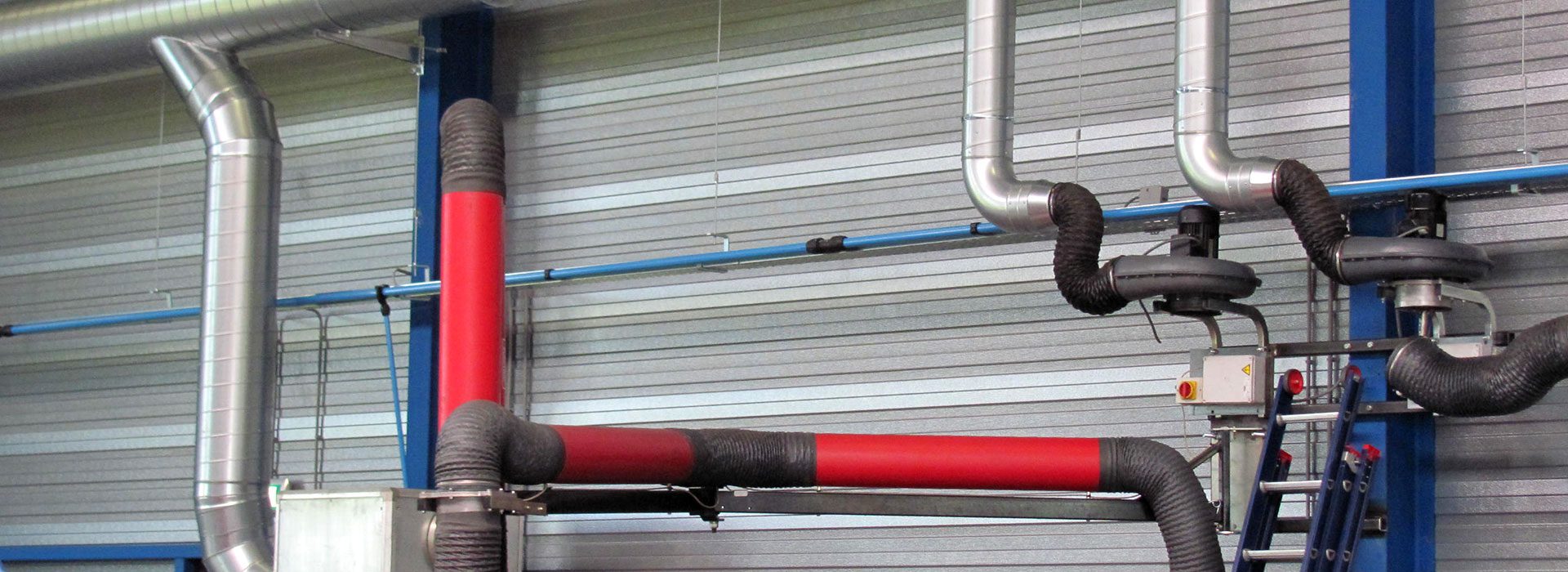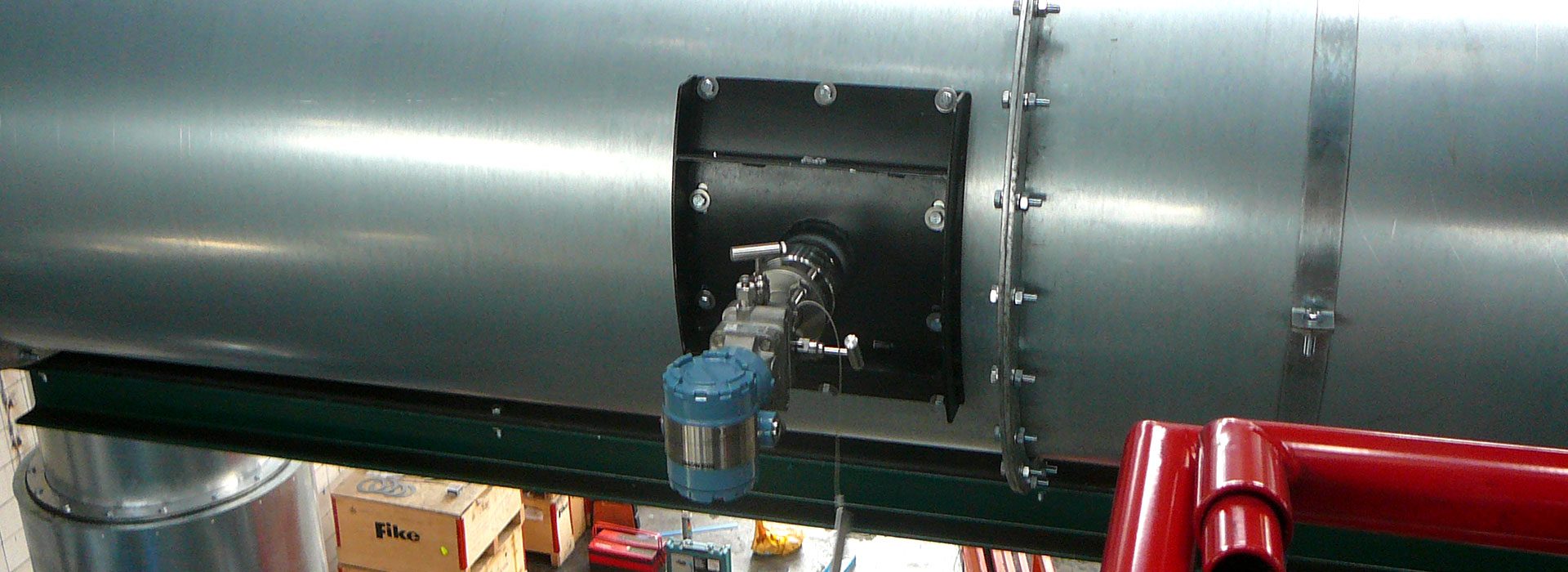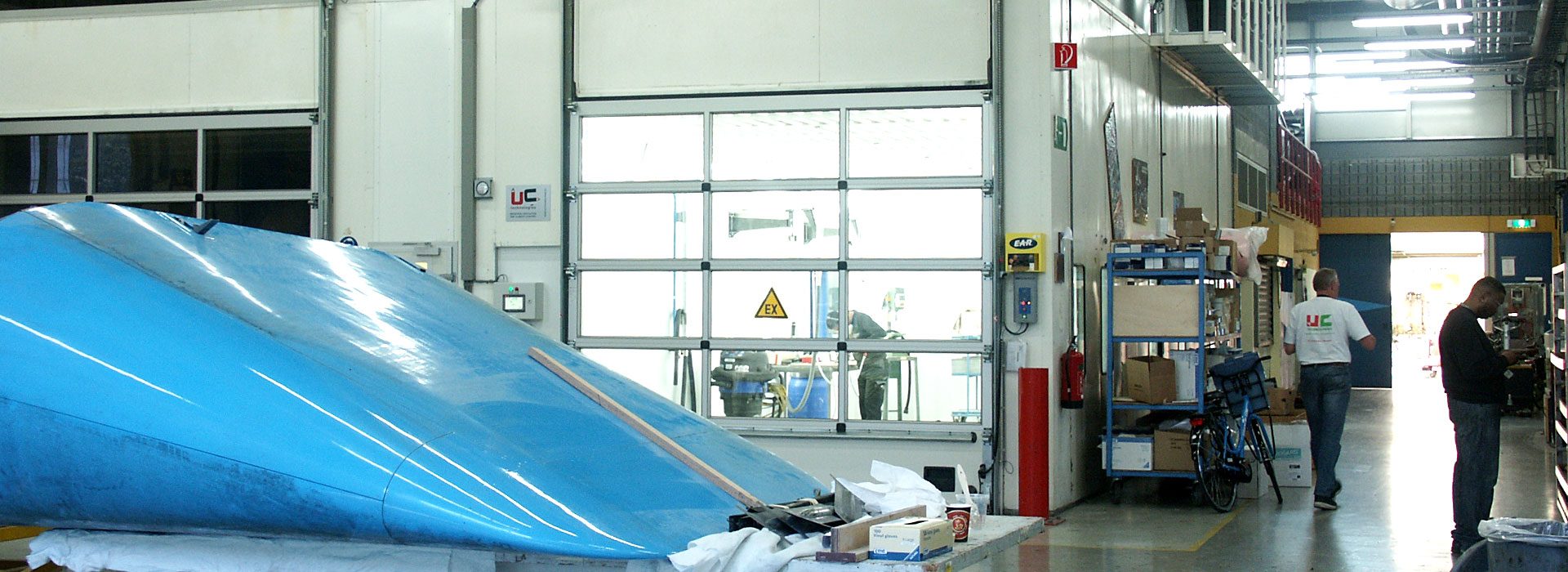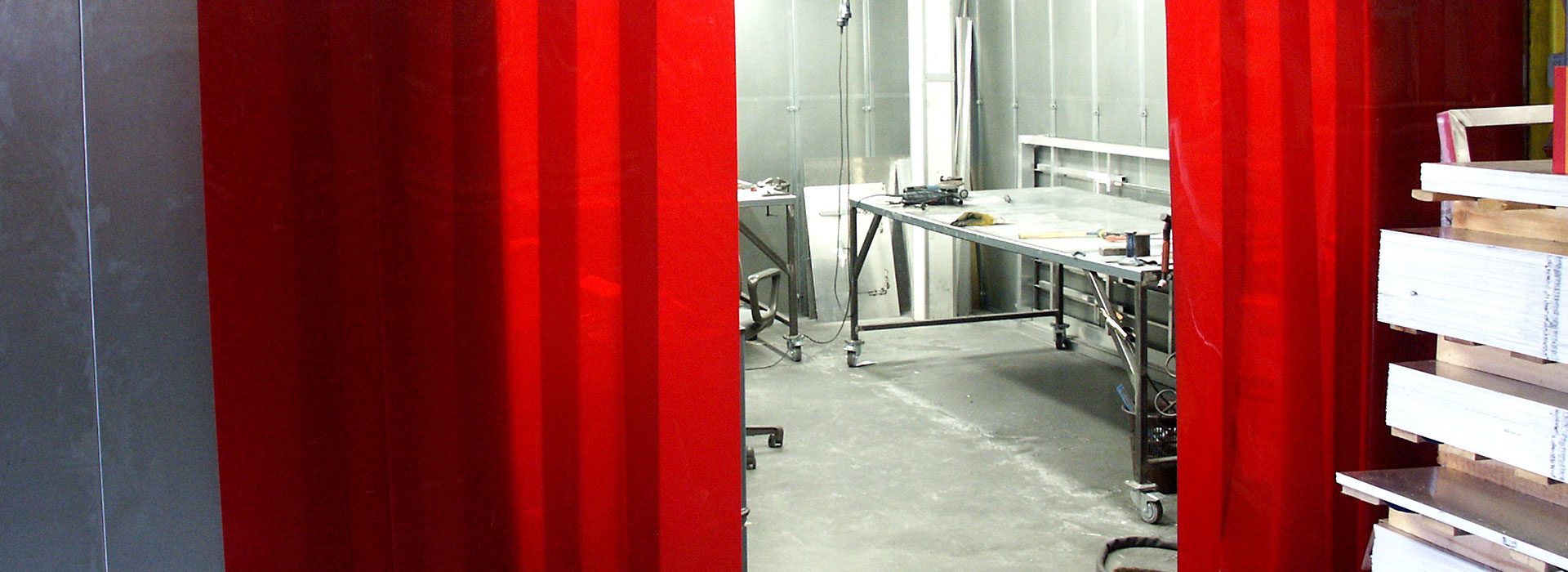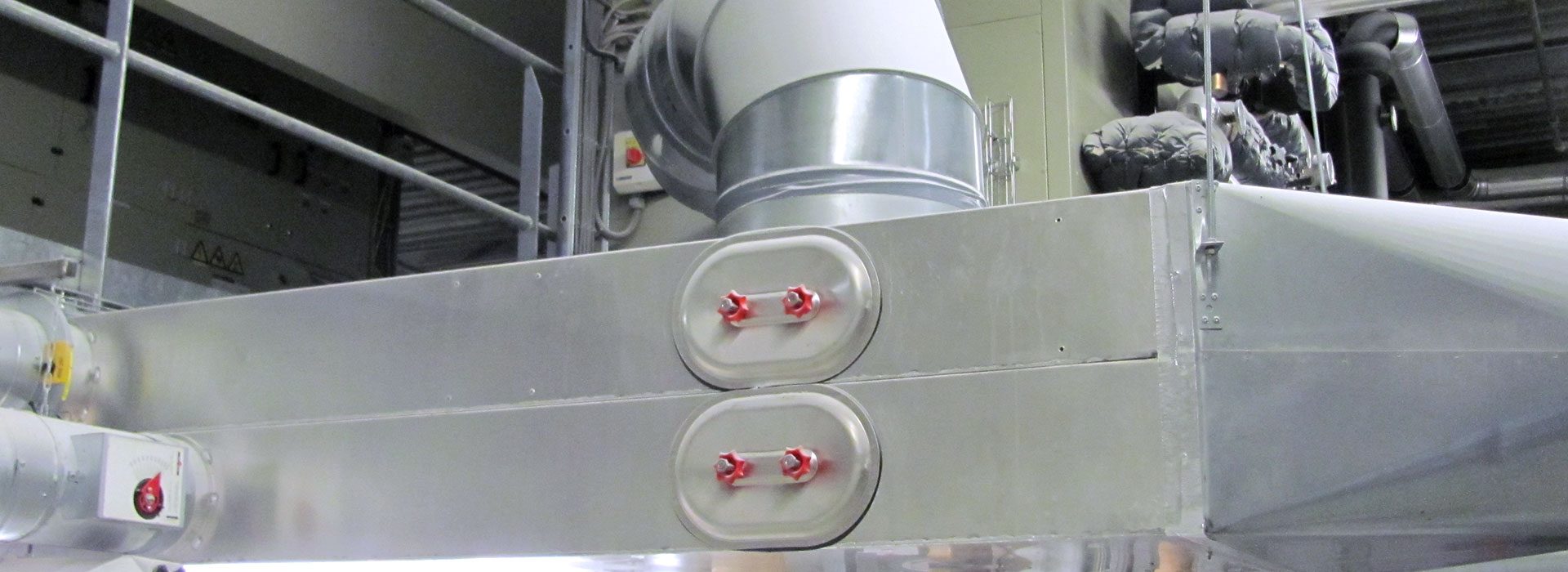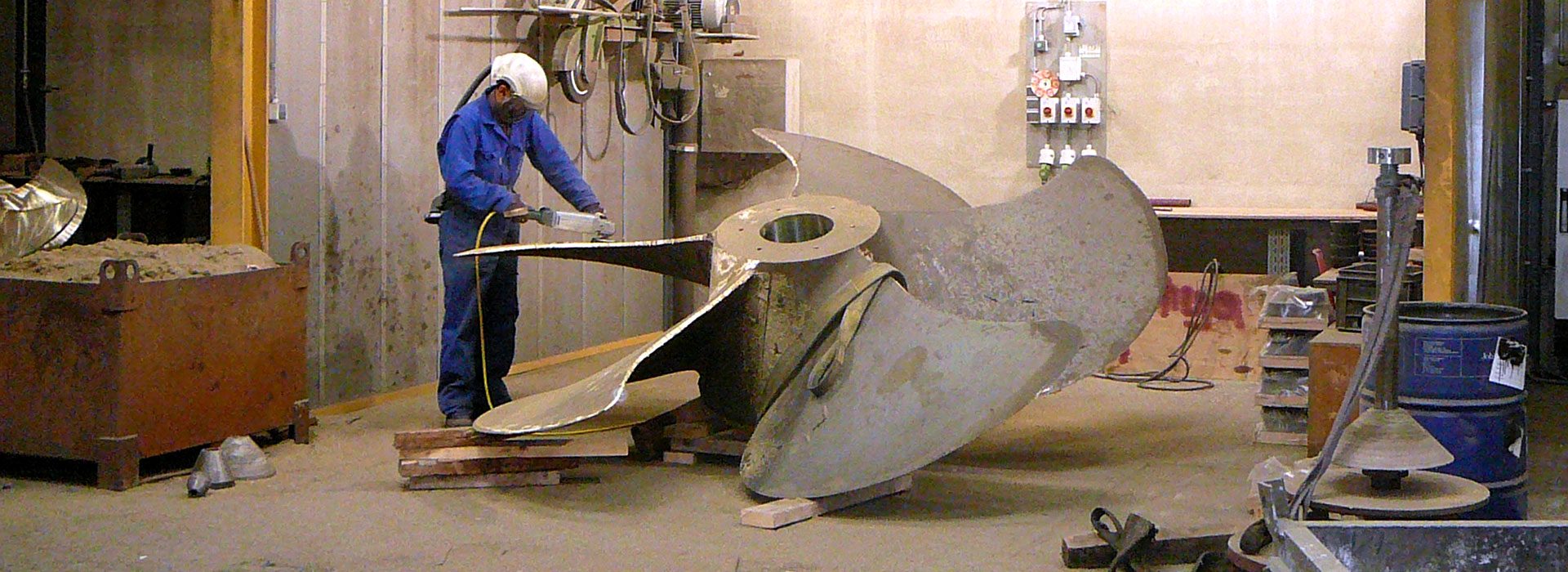Bringing potted plants into a living space to liven it up is a trick that’s been used by interior designers for years, but did you know that our leafy friends are also powerful filters that purify the air around us? In fact, several studies have been conducted showing that certain plants can rid a room of up to 89% of harmful VOCs like formaldehyde and xylene. If you think about the prices of some of those fancy air filtration systems out there, it’s a bit surprising that more of us don’t just purchase some plants instead. If you or anyone in your family has allergies, smokes or just wants to breathe fresher, cleaner air in their homes, read on for 7 indoor plants that purify the air around you as well as which specific pollutant each one targets and removes.[/vc_column_text][vc_empty_space][vc_single_image image="982"][vc_empty_space][vc_column_text]Dendrobium and Phaeleonopsis Orchids
Orchids have a bad reputation as being finicky and difficult to grow, but really, the opposite is true. On our recent trip to Costa Farms, we learned that orchids actually love to be neglected and most people end up killing their orchids with kindness (too much water and sunlight). Aside from being easy to take care of, orchids rid the air of xylene, a pollutant found in many glues and paints so they make wonderful housewarming gifts for anyone who recently moved into or renovated a new space. Unlike some other plants, orchids also respire and give off oxygen at night – so they’re great for the bedroom.
Palms
The palm family of plants, also known as Arecaceae or Palmae, is extremely popular and it’s easy to see why. These hardy houseplants are easy to grow and are a way to lift people’s spirits and distract from otherwise drab surroundings, and are also known to be natural air purifiers. Palms specifically target and remove formaldehyde, benzene and carbon monoxide (which is especially helpful if someone in your household smokes cigarettes).
Peace Lilies
The peace lily, a.k.a. spathiphyllum is an ideal plant to have in your home if you love flowers but don’t want to buy bouquets that die after a few days. Spathiphyllum thrives in the shade in temperatures below 55 degrees and removes harmful toxins like acetone, ammonia, benzene, ethyl acetate, formaldehyde, methyl alcohol, trichloroethylene and xylene.
Featured
7 Indoor plants that purify the Air around you naturally
Contact information
Thorbeckestraat 75a
NL-5301 NE Zaltbommel
T: +31 (0)418 68 08 44
F: +31 (0)418 68 08 13
E: centraal@uctechnologies.nl




